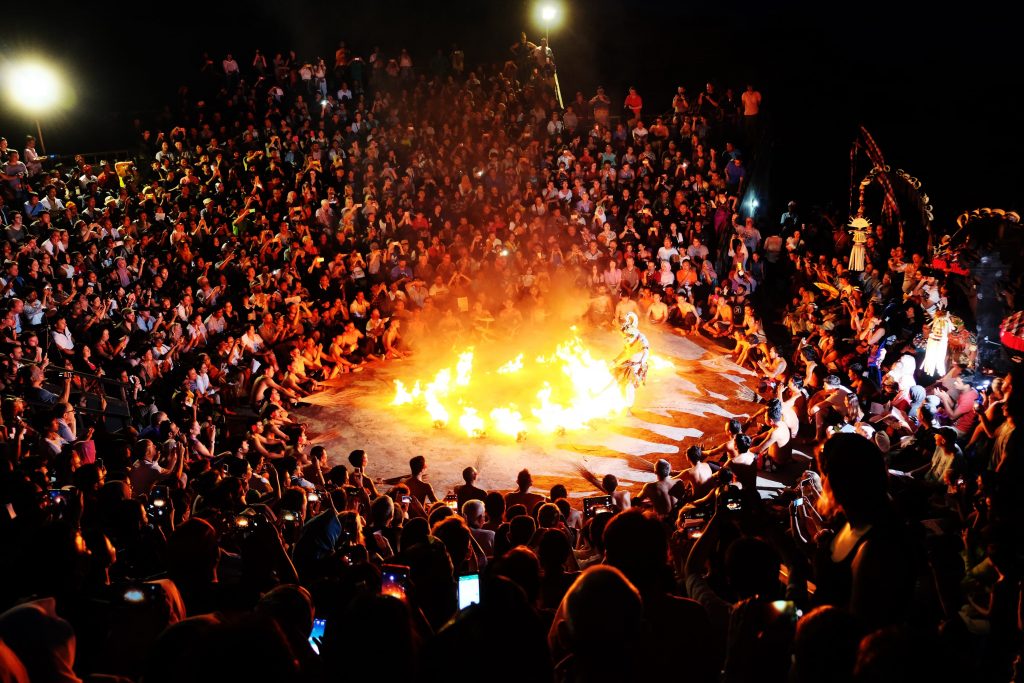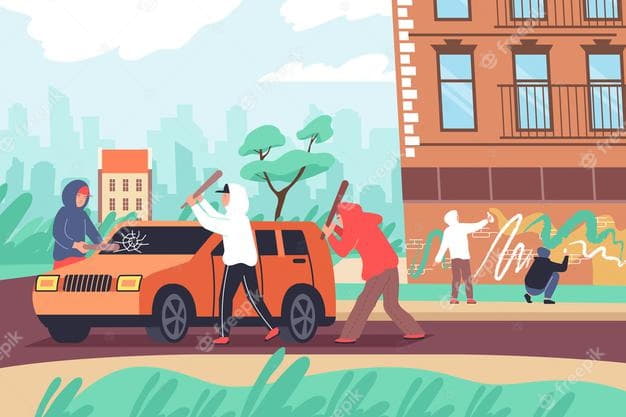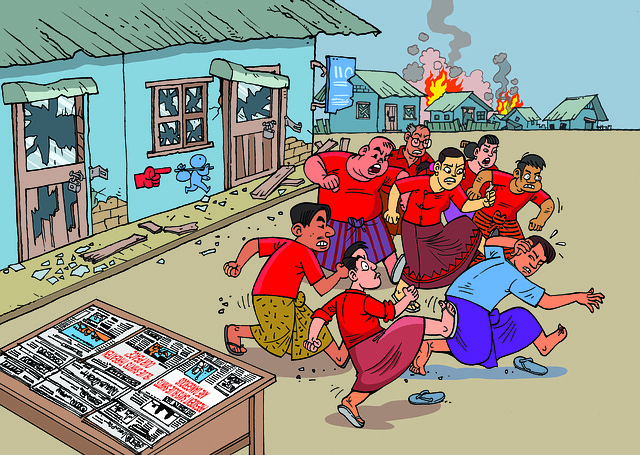- The term “lynching” originated in the United States in the mid-18th century. Many historians believe that the term was originally used by a grower named Charles Lynch to describe the extrajudicial authority assumed by private groups.
- However, foreign ancestry does not mean that it is new to India. In the past few years, incidents of indiscriminate killings of innocents by thugs have emerged one after another.
- For centuries, single women were often lynched and called witches. For thousands of years, Dalits have been cruelly lynched. Jhajjar, Khairlanji, and Una are just the last three creepy places of lynching in Dalit.
- In recent years, Dalits have been lynched for growing beards, riding horses, or building two-story houses.
- The reasons for these incidents range from complaints about eating or transporting beef to witchcraft and child uprisings.
- What’s more worrying is that these cases are not limited to one state, but multiple thug cases have been registered.
- Lynching cases were reported in Bihar, UP, Rajasthan, Madhya Pradesh. Several cases have also been reported in states like Karnataka, Telangana, and Kerala in southern India. It can be aptly said that mob lynching has almost become a national phenomenon.
Increasing incidents of mob lynching in India
- These cases have increased in recent years and have become an obstacle to social development. IPC and CrPc are partially insufficient to treat such cases.
- Certain basic rights in the Indian Constitution like the right to life and freedom, including the right to physical integrity, right to equality, have been ignored/ compromised by the authorities. In 21% of cases, the police filed a lawsuit against the victim/survivor.
- India Expenditure Report: According to the Indian Expenditure report, about 52% of attacks in the past eight years were based on rumors.

Reasons for the increase in mob lynchings
- Inadequate enforcement of minority laws: Lynching’s reflect failure to comply with the law to protect minorities and punish criminals. National action is important to strictly enforce the law, and punish the guilty.
- Lack of laws on mob lynching: India does not have a comprehensive law on mob lynching. This leaves the culprit at large.
- Lack of responsibility and conviction: The mob has no face. This impunity leads the mob, to take extreme measures.
Therefore, the community and the state are playing an important role in stopping these crimes. Civil society’s active participation, awareness, and actions are necessary for combating such crimes and helping the state and law enforcement agencies catch criminals is essential to vote bank policy. Sometimes, political mobilization using violence as a political tool supports such elements in society.
- Police failure: The failure of the police to control the situation would lead people to take the law into their own hands. In addition, police delays and the inability to catch criminals have led to more such incidents. The state should be more active in police reform.
- Prompt action: Strict action should be taken against the police officer who has not recorded such incidents in their criminal records.
- Social media threats: The rise in social media penetration and its use to spread rumors and hatred exaggerates such incidents.
- Careful watch: A vigilant community taking national action against cybercriminals is essential to prevent false news and rumors.
- High unemployment rate: The high unemployment rate makes millions of young people aimless, and they become a burden on the economy. These young brains are often given the wrong advice and brainwashed by various ideologies and agendas. The government should take the necessary steps to provide more employment opportunities for young people and should focus more on the economic development of the region.
- Destruction of social peace: Mob crimes have affected the idea of social unity and pluralistic unity. Such a situation would create an atmosphere of majority and minority. It may exacerbate the hatred of castes, classes, and communities. Therefore, communities and countries must work together to stop these crimes. There must also be courses that specifically focus on teaching the values of tolerance and secularism to the masses.

Conclusion:
In India, mob crimes are increasing. Despite being warned by the Supreme Court, the state and central governments have repeatedly failed to effectively respond/deal with mob lynching cases and have failed to enact stricter laws. As the rural livestock trade almost collapsed and law and order deteriorated, the impact was significant. In the past century, people have unanimously promoted the establishment of global institutions to protect human rights and made democracy the only acceptable way for a country. However, recent events in the world’s largest democracy have to some extent proved this belief in democracy.






Very interesting information!Perfect just what I was looking for!
Thank you
Good job.
I got what you mean ,saved to bookmarks, very nice web site.
Thankyou for this tremendous post, I am glad I discovered this website on yahoo.
Thank you
I simply could not leave your site prior to suggesting that I extremely loved the usual information a person supply for your visitors. I AM going to be back steadily in order to check new posts
Thank you very much
hey there and thanks for your info – I have definitely picked up anything new from proper here. I’m including this RSS in my email and can look out for a lot extra of your respective fascinating content.
Thanks a lot for revealing your website page.
I really enjoy reading through this site, it has got fantastic articles.
Thank you